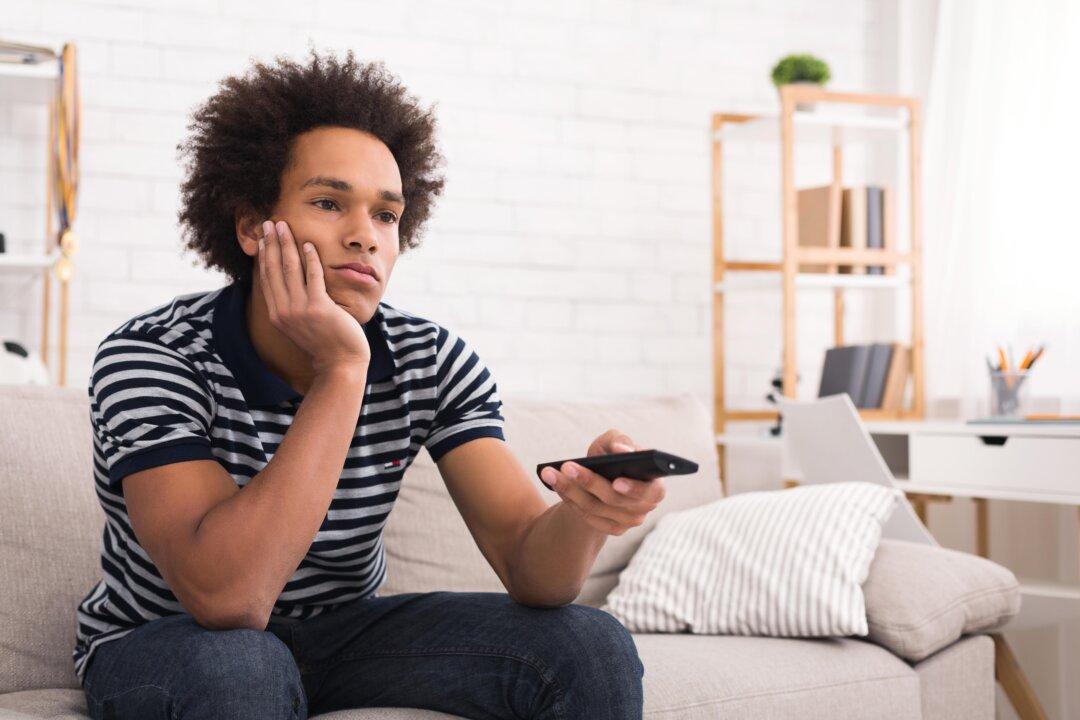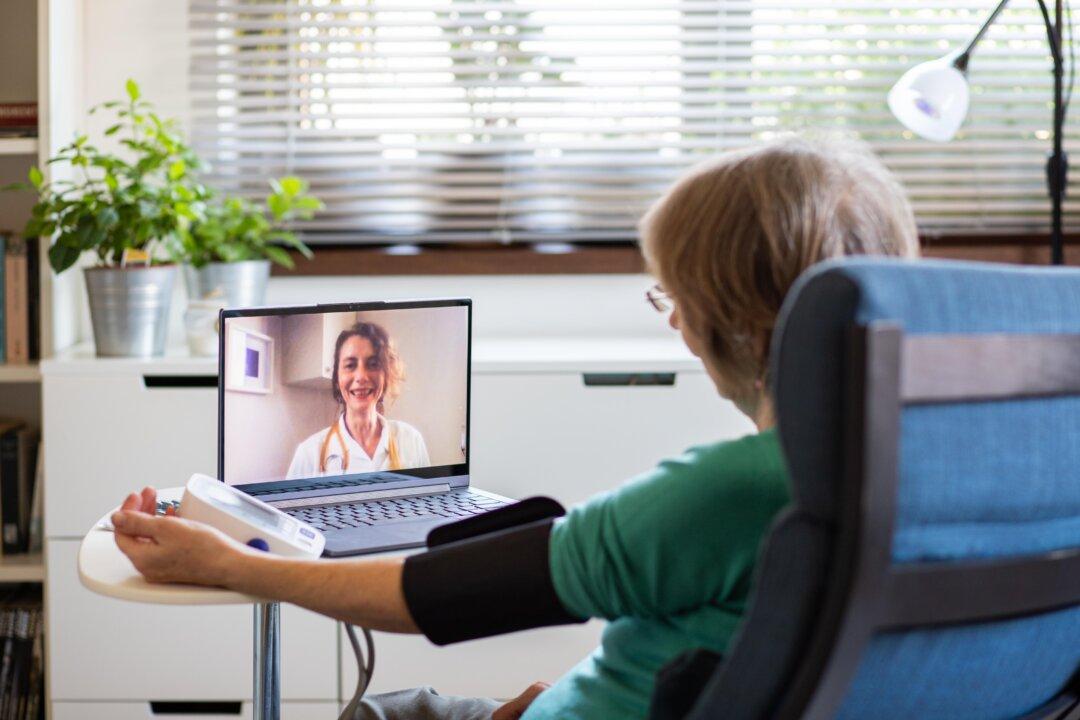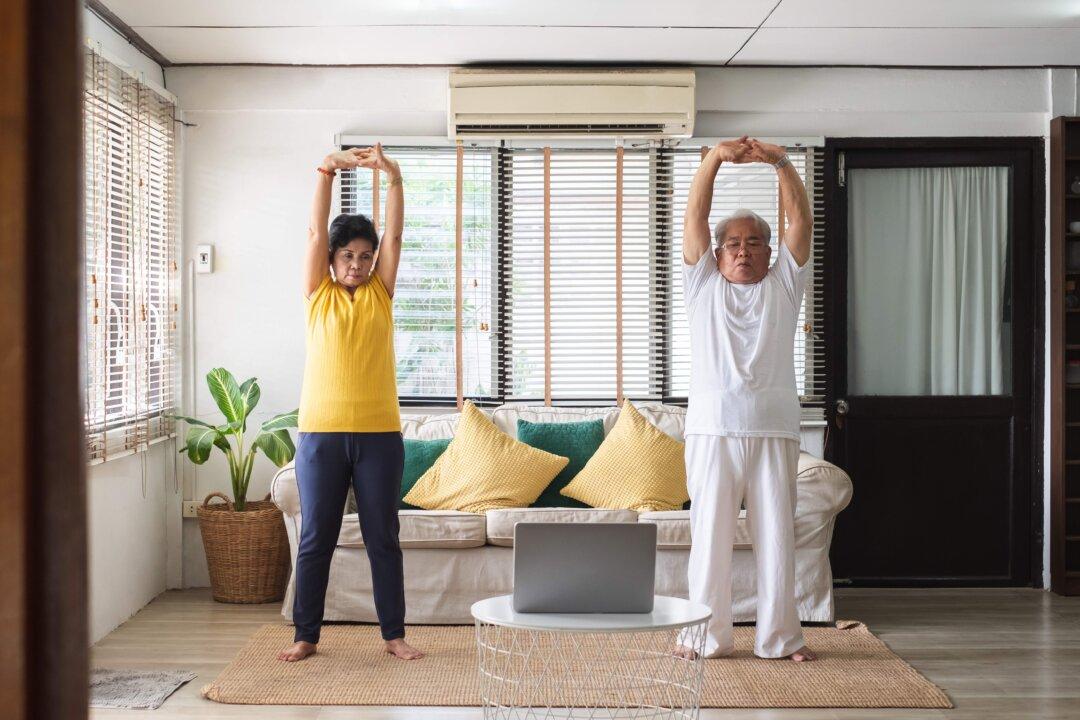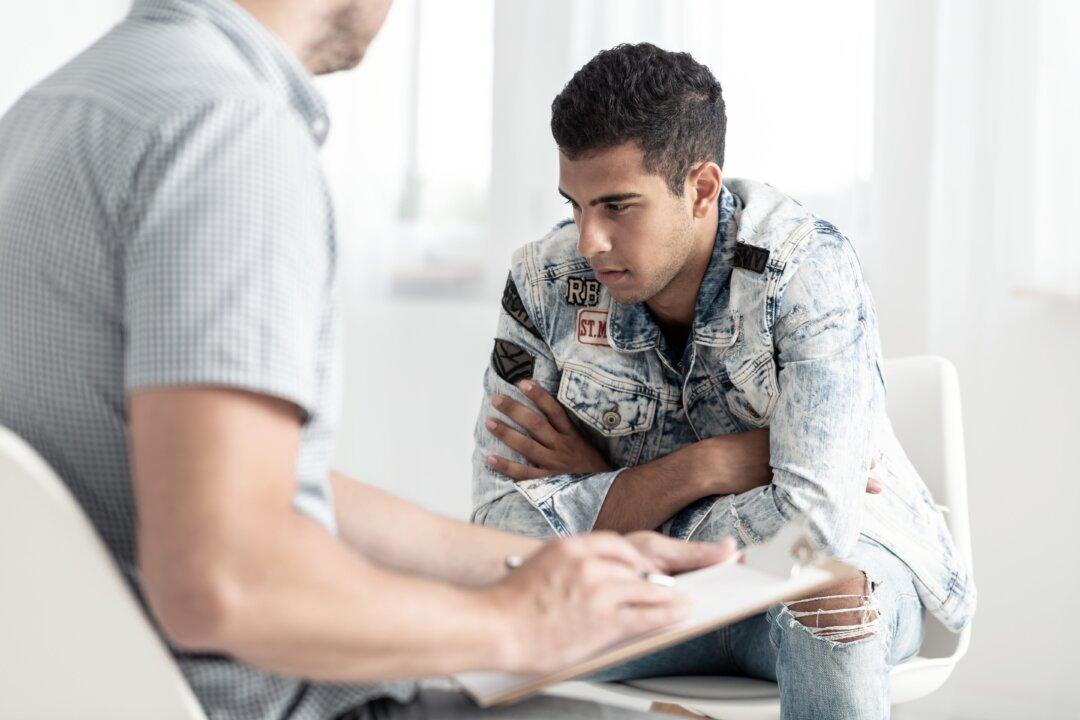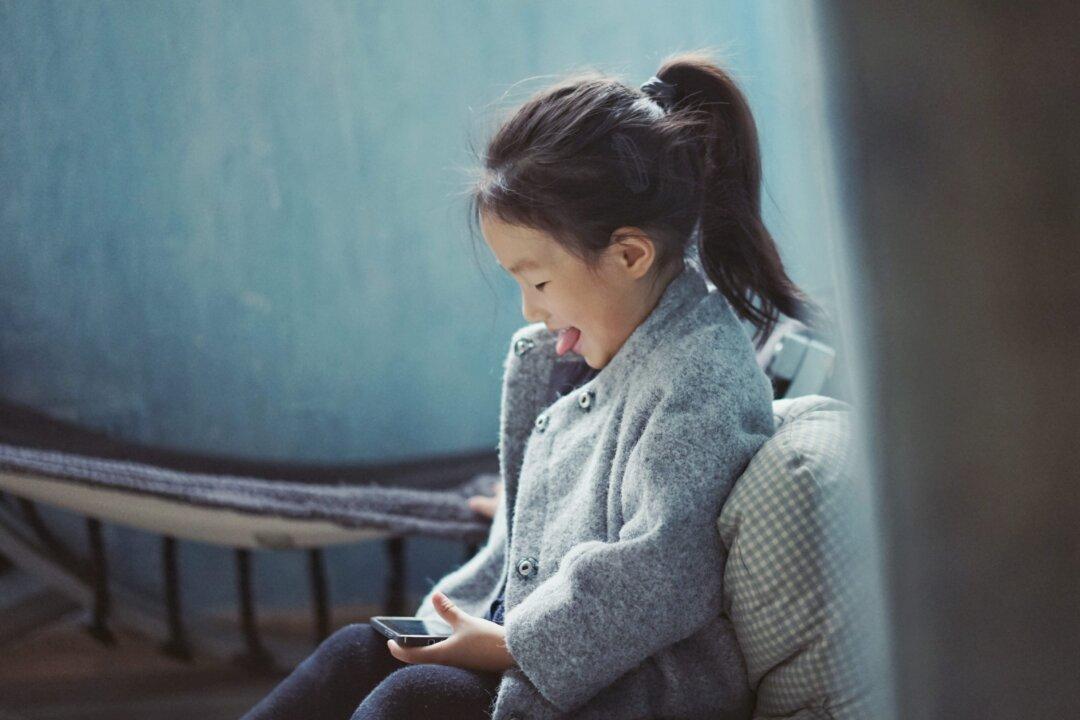In March, after California Gov. Gavin Newsom ordered most of the state’s residents to stay home, I found myself under virtual house arrest with an uncomfortably large number of Gen Zers.
Somehow I had accumulated four of my children’s friends over the preceding months. I suppose some parents more hard-nosed than I would have sent them packing, but I didn’t have the heart—especially in the case of my daughter’s college roommate, who couldn’t get back to her family in Vietnam.

